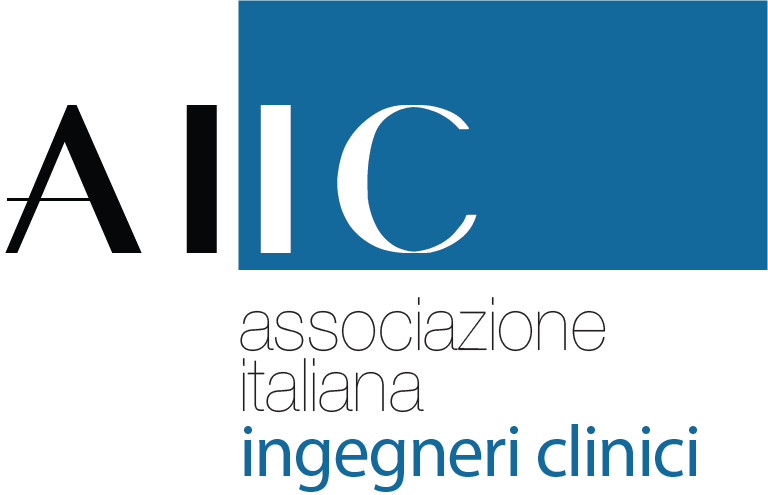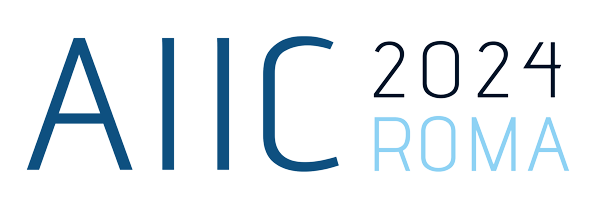

AFFILIAZIONE
medipass spa
AUTORE PRINCIPALE
Ing. Sandro Spinosa
VALUTA IL CHALLENGE
Registrazione obbligatoria. Una valutazione consentita
[ratingwidget]
GRUPPO DI LAVORO
Dr. De Summa Marco medipass spa
AREA TEMATICA
Applicazioni di intelligenza artificiale in sanità
ABSTRACT
There are numerous guidelines for executing and reporting AI research in medicine and radiology, there’s a lack of comprehensive advice on critically analyzing AI solutions prior to acquisition. These commercial AI products are complex, requiring consideration of multiple evaluation aspects. To address this, experts from both the academic and industrial sectors have collaborated to create a practical guide, named the ECLAIR guidelines, aimed at assisting stakeholders in the thorough assessment of AI solutions in radiology. This framework emphasizes several critical areas for evaluation, including the relevance to stakeholders’ needs, performance validation, ease of use and system integration, adherence to legal and regulatory standards, and the availability of financial and customer support services. We developed a preliminary summary of AI software products for clinical radiology that have received CE marking, using specifications provided by the vendors. We collected information on various features, including the type of modality, the specific subspecialty it addresses, the primary function, details on regulatory compliance, how it’s deployed, and its pricing structure. The ECLAIR guidelines offer a comprehensive framework designed to assist radiology practices in evaluating commercial Artificial Intelligence (AI) solutions before making purchasing decisions. These guidelines focus on critical areas such as the relevance of the AI solution to the practice’s needs, its performance and validation metrics, usability and integration with existing workflows, regulatory and legal compliance, and the financial and support aspects of the product. By addressing these key considerations, the ECLAIR guidelines aim to facilitate informed decision-making, ensuring that radiology practices adopt AI solutions that are not only technically sound but also beneficial to patient care and aligned with the practice’s operational and ethical standards. AI can be used to diagnose diseases, develop personalized treatment plans, and assist clinicians with decision-making. Rather than simply automating tasks, AI is about developing technologies that can enhance patient care across healthcare settings. However, challenges related to data privacy, bias, and the need for human expertise must be addressed for the responsible and effective implementation of AI in healthcare.


